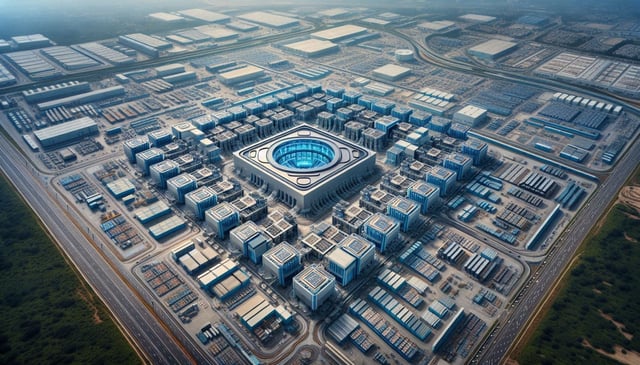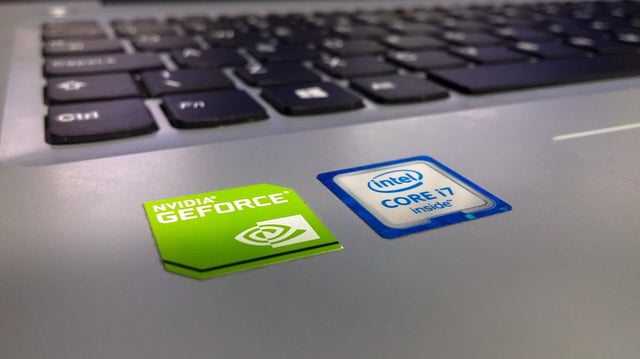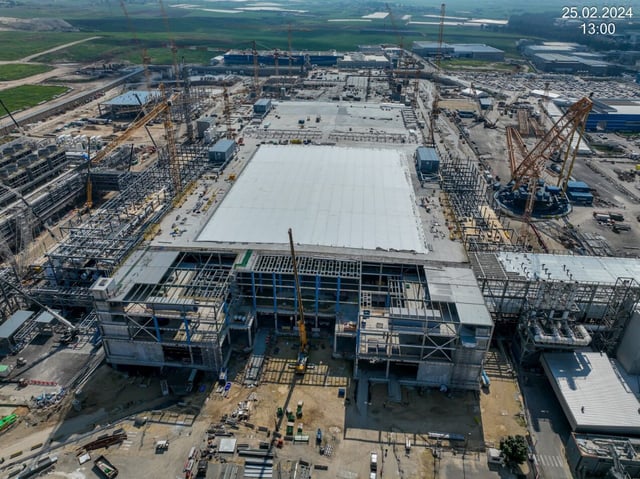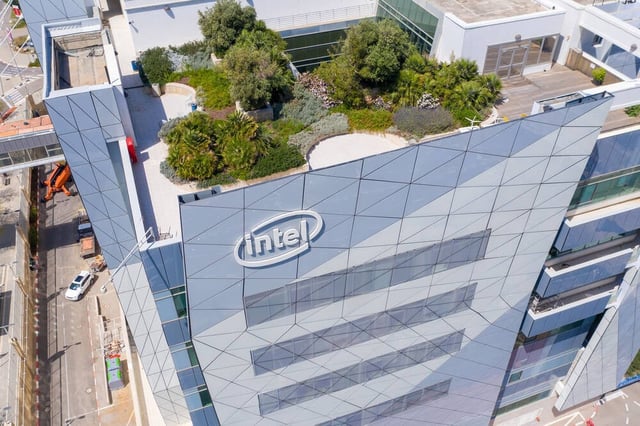Overview
- Intel has halted the construction of a $25 billion chipmaking plant in Kiryat Gat, Israel.
- The company emphasizes its continued commitment to Israel as a key manufacturing and R&D hub.
- Intel attributes the decision to business conditions, market dynamics, and responsible capital management.
- The Israeli government had agreed to provide a $3.2 billion grant to support the project.
- There is no clear timeline for when the construction will resume.



